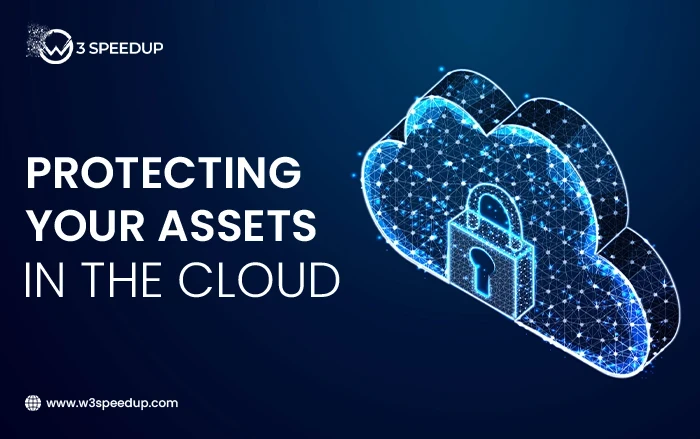When you are running a business, one of the most vital responsibilities that you must continually remind yourself of is the security of the private information that your company holds – whether it regards your customers, employees, or sensitive data about the firm itself.
While this sounds obvious to point out, it remains a worryingly common way for otherwise successful enterprises to ruin their reputations, and bank balances or decimate their customer bases.
Unfortunately, cybercrime is on the rise, and with the increasingly advanced levels of technology at a hacker’s disposal, you need to remain vigilant about the security practices of your business.
So what can you do to improve your security and store your data more securely, while remaining a profitable and agile company?
Well, arguably the most effective way to store your sensitive data safely and securely is to use cloud computing platforms and reliable cloud security solutions. The reason for this is that the firewalls that cloud accounts sit behind are almost impenetrable. What’s more, these accounts aren’t stored in any one location, so your data is easily accessible from anywhere in the world, which is fantastic if you have offices overseas.
Of course, while cloud storage solutions can be a godsend for your business, you still need to find out more about how it works, how you can find the right cloud storage solution for you, and how to reduce the risk of a cyber attack even further by following data security best practices.
This is what you need to know about protecting your assets in the cloud:
1. Use a cloud licensing partner
One of the best ways to protect your data assets in the cloud is to find the right cloud service for you. There is a myriad of cloud service providers in the market – all with their own particular strengths and weaknesses, so you need to find one that is most suitable for your business.
Perhaps you only need to store a small amount of information and your budget is tight, or maybe you need additional flexibility because your business operates in multiple locations.
For example, with Microsoft CSP, you can save considerable amounts of money thanks to the flexibility in licensing options because you will only pay for what you use.
To learn more about how to get the most out of your Microsoft cloud package, reach out to a licensing provider like Bytes can help you select the right service and optimize it for your company. It will prevent you from wasting valuable time and money on the wrong set-up.
2. Eliminate the risk of insider threats
Of course, cloud data storage solutions can only go so far in preventing a data breach within your company. You will also need to ensure that you and your team are always abiding by data security best practices.
For instance, a worryingly common reason for a security breach within organizations is an insider threat. An insider threat, as the term suggests, is when someone within or linked to your business either accidentally or maliciously leaks your sensitive information.
These insider threats are primarily employees, directors, contractors, and anyone else with access to your private information.
They could accidentally share login details with a phishing hacker, leave their device unlocked in a public place, or become bitter and disillusioned with your company, and leak it for money or for revenge.
You should therefore make sure that you limit access to these storage accounts to people who are cleared through a security background check, and who are in immediate need of the information.
To further safeguard your cloud storage accounts from falling into the wrong hands, conduct a regular review of who has access, and cut off anyone who is no longer appropriate for access.
3. Use two-factor authentication and strong passwords
A great way to ensure that your assets are protected in the cloud is to use two-factor authorization. This requires any user with the password to be sent a passcode to a phone or email address.
As a result, it lowers the chance of a cyber attacker gaining access to the account and ensures that everyone who enters is a real person.
Another simple way to protect your digital assets in the cloud is to regularly change your passwords – and to make sure that each one is strong and unique.
This way, it will make it far harder for even experienced attackers to guess what your password is and lower the chances of insider threats from leaking your information.
4. Spread your data across different accounts and platforms
Finally, you can further protect your company’s sensitive data by spreading it across multiple different platforms and accounts.
This way, if an attacker or insider threat does manage to gain access to a particular account, it will not necessarily inflict the damage that it otherwise would.
Of course, you need to make sure that you keep track of all the passwords and other login information, as well as to keep note of what is in each account. This way, you won’t need to log in to every single account in search of a particular item or piece of data.
 Christmas Mega Sale – Enjoy Up to 50% OFF on Every Plan!
Christmas Mega Sale – Enjoy Up to 50% OFF on Every Plan! 


